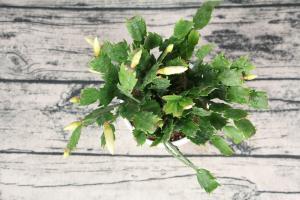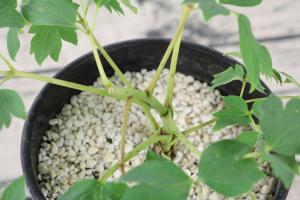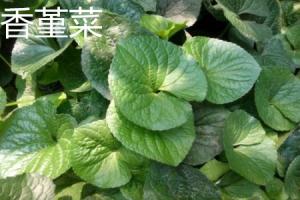Should I Prune Tomato Plant?
Tomatoes are one of the most popular crops grown worldwide. However, while growing tomatoes is relatively easy, there are a few things growers need to do to ensure a healthy harvest. One of them is pruning, which involves removing some parts of the tomato plant to achieve a certain shape or improve fruit quality. But should you prune your tomato plants? Here are some things to consider.
The Benefits of Pruning Tomato Plants
Pruning tomato plants can have several benefits, such as:
Increasing air circulation, which can prevent fungal diseases and reduce pest infestation
Redirecting the plant's energy towards fruit production, resulting in larger and tastier tomatoes
Controlling the plant's shape and size, making it easier to manage and harvest
Removing diseased or damaged limbs, which can improve the overall health of the plant
When to Prune Tomato Plants
The timing of pruning tomato plants depends on the type of plant and the desired outcome. Generally speaking, indeterminate tomato plants (those that keep growing and producing fruit until the first frost) benefit from pruning, while determinate tomato plants (those that stop growing after a certain height and produce fruit all at once) don't need it as much. Here are some guidelines:
Prune indeterminate tomato plants after they have reached a height of about 3 feet (1 meter), making sure to leave at least two or three main stems to support the fruit
Remove the suckers (small stems that grow between the main stem and the leaves) that form in the crotch of the plant, as they can divert energy from fruit production
Cut off the lower branches that touch the ground or are diseased
Prune early in the morning or late in the day, when the sun is not too harsh and the plant is not stressed
The Risks of Pruning Tomato Plants
While pruning tomato plants can be beneficial, it can also have some drawbacks, such as:
Injury to the plant, especially if too much foliage is removed or the stems are cut too close to the main stem
Reduced yield, especially if the wrong branches are pruned or the plant is stressed
Increased sunburn, as the fruit can be exposed to direct sunlight if the foliage is removed
Pest infestation, as pruning can create openings for insects to enter
Conclusion
So, should you prune your tomato plants? The answer depends on your goals, skills, and climate. If you want to maximize your yield, improve fruit quality, and reduce disease and pest problems, pruning can be a good option. However, if you're not confident in your pruning skills, don't want to risk damaging your plants, or live in a cooler climate where fruit ripening is not a concern, you can skip pruning and still have a healthy harvest. As with any gardening practice, it's important to experiment, observe, and learn from your mistakes to find what works best for you and your plants.

 how many times do yo...
how many times do yo... how many planted tre...
how many planted tre... how many pine trees ...
how many pine trees ... how many pecan trees...
how many pecan trees... how many plants comp...
how many plants comp... how many plants can ...
how many plants can ... how many plants and ...
how many plants and ... how many pepper plan...
how many pepper plan...































